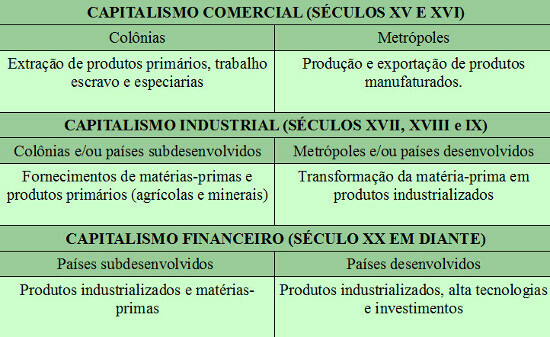Brazil went through a phase of denationalization and opening of its economy in the early 1990s, led by then president Fernando Collor de Mello. Its effects were positive for some sectors, which became more competitive, but harmful for others, due to the lack of credibility of the institutions involved in this process and the way in which some public policies were conducted, especially with regard to privatizations. The lack of investments in research and development, essential for a nation's economic development, were also not privileged.
In 1991, Brazil, Argentina, Uruguay and Paraguay signed the Treaty of Asuncion, which founded the Mercosur economic bloc (Southern Common Market), to end some customs barriers and foster economic policies between countries members. The creation of the bloc represented another stage of the Brazilian economic opening, even if the integration remained restricted to neighboring countries and with which Brazil already had many ties commercials.
The transformations resulting from the policies of the Collor government introduced some neoliberal ideas in the country, which can be summarized as being a reduction in the participation of the State as regulator of the economy and greater freedom of action for private entrepreneurs and capital International. The short stint of Itamar Franco as president, after the
impeachment de Collor in 1992, was characterized as preparation for the Plano Real, which culminated in the election of sociologist and professor Fernando Henrique Cardoso in 1994, one of the creators of this project.In the ideological sphere, FHC, as the former president became known, sought a policy that was clearly in tune with the practices neoliberals, accelerating the privatization process and seeking to decentralize administration in various segments of the society. The policy of high interest rates – Brazil currently has the highest interest rates in the world – was strengthened to prevent the devaluation of the Real and fight inflation. With high interest rates, the country could attract a greater amount of dollars to the Brazilian market. With more reserves in dollars, Brazilian money was relatively valued and the country also gained reliability with international creditors.
Unfortunately, not every investment that reached Brazil at that time was productive, that is, one that it somehow crosses an economic production chain, whether in industry, agriculture or another segment any. Many capitals that entered Brazilian territory were merely speculative: they produced nothing but income for international bankers and investors.
At the end of his second term in 2002, Fernando Henrique was unable to express his consolidated policies in concrete proposals for his successor. In response, the Brazilian population elected Luís Inácio Lula da Silva, whose election represented a historic moment for the country due to its poor past and humble origins. Former union leader Lula bet on his charisma and populism to introduce large social projects (Fome Zero, Bolsa Família) and structural PAC (Program for the Acceleration of Economic Growth). On the political plane and in search of greater governability, Lula, from the Workers' Party, sought an alliance with the PMDB, a party evidently aimed at the agrarian elite in Brazil.
Despite an ideology different from the previous government and rhetoric based on social issues, Lula's government was quite marked by maintenance of economic stability and by taking advantage of an international environment favorable to the growth of emerging countries and to the appreciation of our commodities,primary products tradable on stock exchanges. The country perpetuated its agro-export vocation, with emphasis on soy and iron ore, as well as the strengthening of companies and corporations operating in the primary sector. During the course of his second term, Lula managed to project Brazil as a regional power and one of the most important emerging countries. In 2010, this atmosphere of euphoria had an impact on the government's victory in the presidential elections, leading economist Dilma Rousseff to the presidency of the republic.
If we consider the period corresponding to the mandates of Fernando Henrique and Lula, Brazil really defined a privileged position in the world political scenario. The economic stability initiated by the Fernando Henrique government, together with social improvements and greater international credibility conquered by the Lula government, they did not end the existing inequalities in the country or even fully modernize our productive structure, but they pointed out new directions for a nation that has long been tied only to economic backwardness, chronic corruption and indebtedness external.
Julio César Lázaro da Silva
Brazil School Collaborator
Graduated in Geography from Universidade Estadual Paulista - UNESP
Master in Human Geography from Universidade Estadual Paulista - UNESP
Source: Brazil School - https://brasilescola.uol.com.br/geografia/resumo-historico-economico-brasil-recuperacao-economica-ascensao.htm

